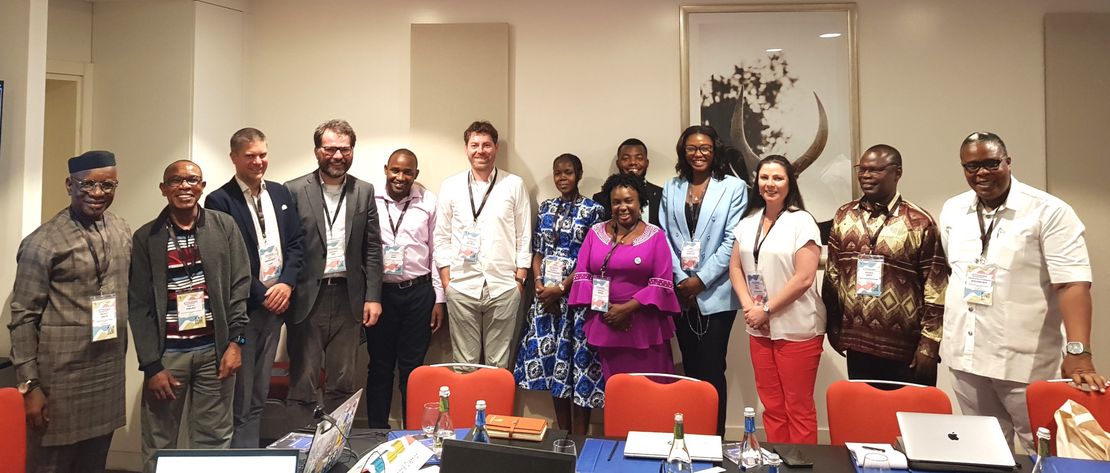
eLearning Africa 2024
- André Dietrich, Sebastian Zug
- News , Tutorial
- June 17, 2024
In June 2024, the eLearning Africa Conference took place in Kigali, Rwanda. The conference brought together experts, practitioners, and policymakers from across Africa and beyond to discuss the latest trends and innovations in technology-enhanced learning.
First of all, a big thank you to all participants for the interesting insights and discussions…
We had the opportunity to conduct a full-day workshop on “Creating Sustainable and Extendable Open Educational Resources (OER) as Interactive Online Classrooms”. During this workshop, we presented LiaScript and demonstrated how browser technologies and services can be utilized to create interactive classrooms and host content for free.
If you want to follow along this tutorial, you can find all materials here: GitHub Repository
Part 1: Introduction to LiaScript
In this video, we provide a basic introduction to the concept of LiaScript, its features, and the philosophy behind it. This touches topics like
- Integration of multimedia content
- Interactivity and the use of Markdown for creating educational content
- Hosting and sharing of educational resources
- Text2Speech and translation features
- Live-Coding and Live-Editing
- and much more
Part 2: Creating Interactive Content with LiaScript
This hands-on session transforms a simple alphabet soup recipe into an interactive LiaScript course using the browser-based LiveEditor. You can follow this tutorial and start implementing the course by yourself. Simply click on the link below and then on the fork button to make your own copy of the course.
Start TutorialPart 3: Benefits of Using Version Management Systems (including Hosting)
In this section, we discuss the benefits of using version management systems like Git for developing and hosting educational content. Version management ensures that your content remains organized, up-to-date, and easily accessible for collaboration and sharing.
Part 4: Web3 Technologies for Sharing and Browser-based Interconnection
This part explores the use of Web3 technologies for sharing educational resources and creating interconnected, decentralized learning environments. We highlight how these technologies can enhance accessibility and collaboration in educational settings.
Sharing of content can be done via:
- Data-URIs, which means only via the URL, this way any Social-media platform can be used to share the content.
- IPFS, which is a decentralized file-sharing system, that can be used to host and share content.
- WebTorrent, which is a peer-to-peer file-sharing system, that can be used to share content directly from the browser.
- GitHub, a platform for hosting and sharing open source projects.
- OnionShare and Tor, which can be used to share content anonymously via the “Dark-Net”
Part 5: Sharing Laboratories
All the technologies described so far can also be used share RemoteLabs only via the browser, the end of the previous video demos this approach by using our edrys-Lite, a browser-application:
Unfortunately there was not enough time to showcase our RemoteLab approach, but we had another session at the discover-demos. Here is a short summary of it:
Conclusion
The eLearning Africa 2024 conference provided a valuable platform for sharing knowledge and innovations in technology-enhanced learning. Our workshop on creating sustainable and extendable OERs with LiaScript showcased practical tools and techniques for educators to create interactive and engaging online classrooms. We hope that the resources and tutorials provided will inspire educators to explore and implement these technologies in their own teaching practices.
For more information and updates, stay connected with us and follow us on social media.